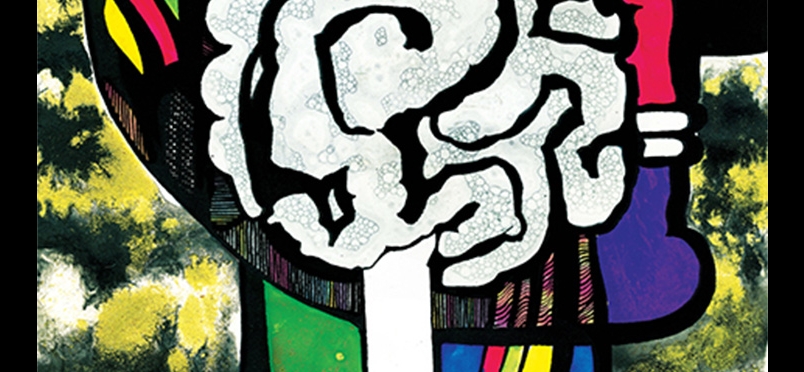| gynecology
Treating Endometriosis: Fewer Microbes May Mean Less Pain

After Successful Published Study, Large Human Clinical Trial Planned
Newswise — Researchers at Washington University School of Medicine in St. Louis have found, in mice, that treatment with an antibiotic reduces the size of lesions caused by endometriosis.
The researchers are planning a large, multicenter clinical trial to test the drug metronidazole in women who have the painful condition.
The study is published online April 30 in the journal Human Reproduction.
Endometriosis is a chronic problem for up to 10 percent of women ages 25 to 40. About 5 million women in the United States and an estimated 176 million women worldwide are believed to be affected. The condition results from uterine cells migrating upward into the stomach area, where those cells clump together to form lesions. In addition to pain, endometriosis often contributes to fertility problems. Current treatment strategies include hormone therapy and surgery, but both approaches involve significant side effects and recurrence after treatment.
Studying mice, the researchers found that treating the animals with metronidazole reduced the size of endometriosis-related lesions in the gut. That was true whether treatment was started before the lesions began forming or after endometriosis already was well-established. The findings also suggest that bacteria in the gut microbiome may help drive, or prevent, progression of the disease.
“Our initial goal was to understand how these gut bacteria, or microbiota, might be connected to endometriosis, but in the process, we may have found a cost-effective treatment,” said principal investigator Ramakrishna Kommagani, PhD, an assistant professor of obstetrics and gynecology at Washington University’s Center for Reproductive Health Sciences.
Scientists already knew that young women and girls with increased susceptibility to inflammatory bowel disease were more likely to develop endometriosis.
The researchers in the new study found that…
For more information about endometriosis, click here.
Read the full press release.
Access the journal article.
Other Categories:
Did you enjoy this article?
Subscribe to the PAINWeek Newsletter
and get our latest articles and more direct to your inbox